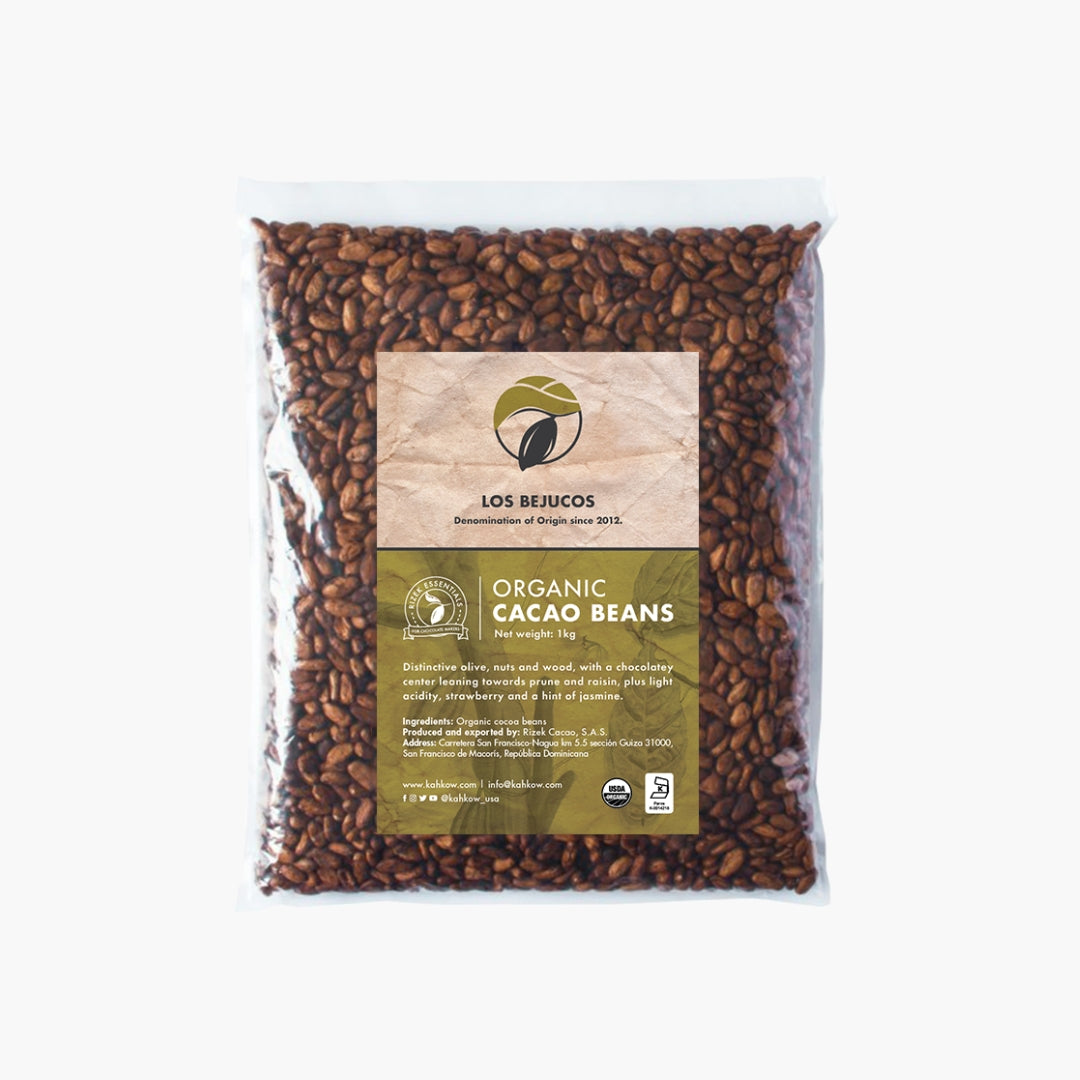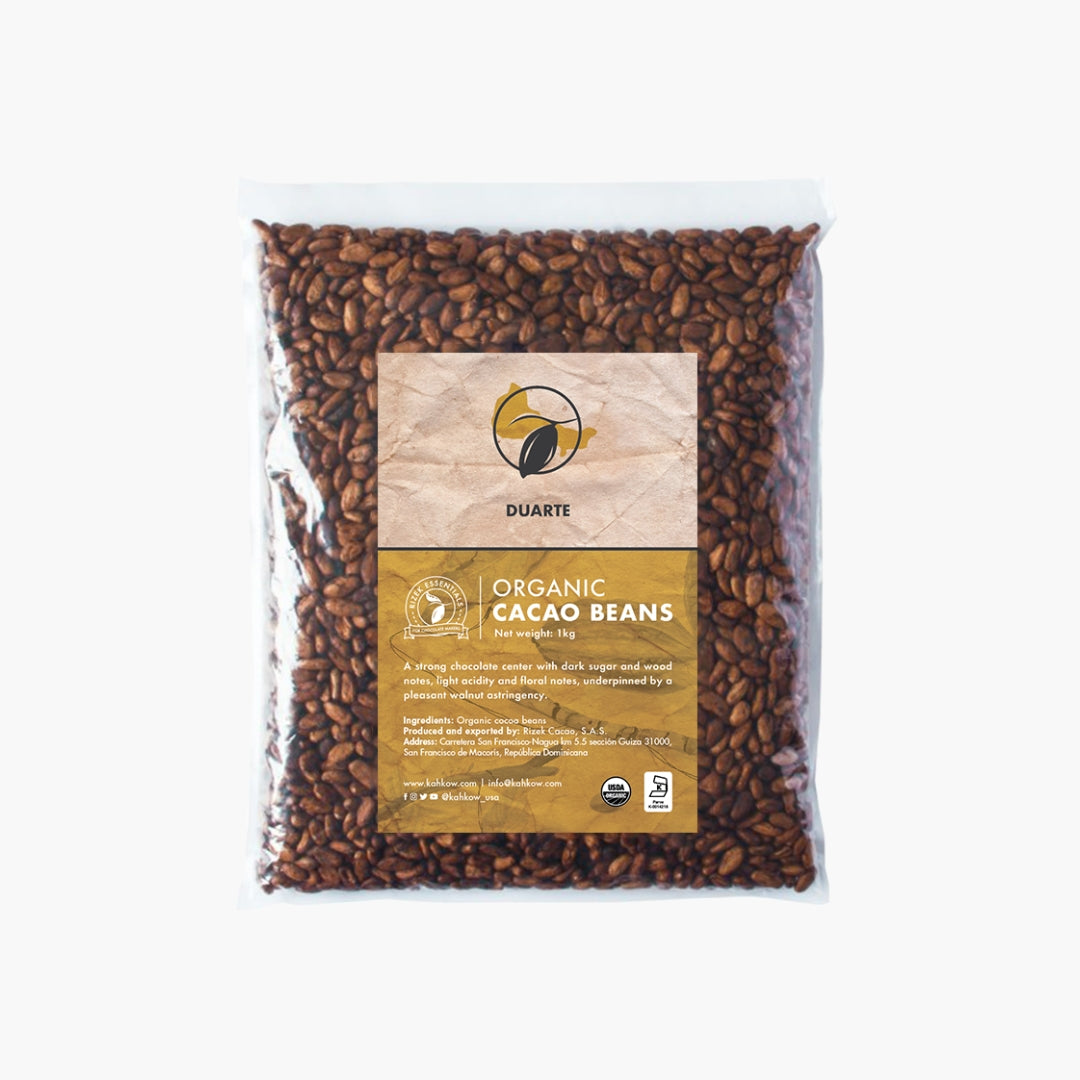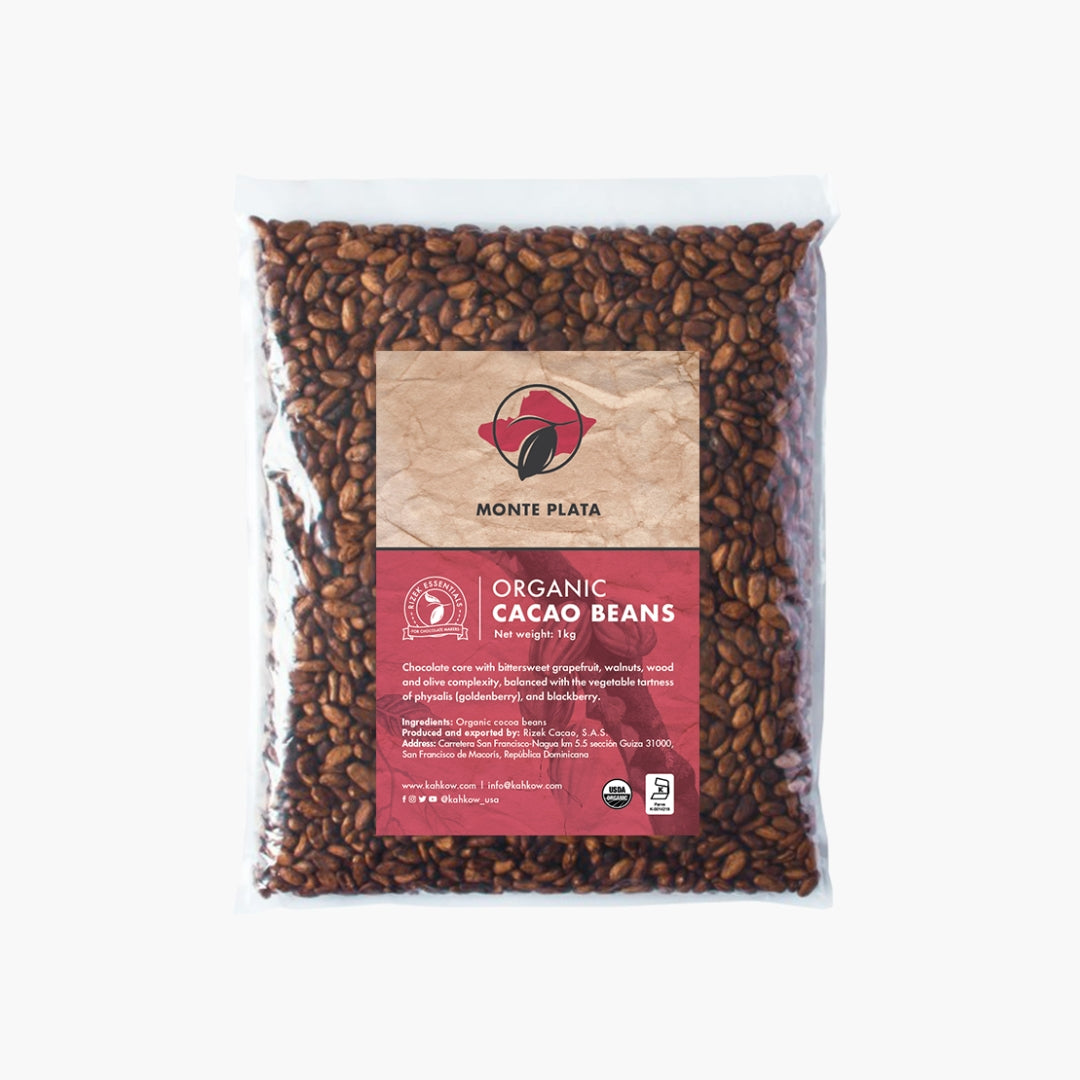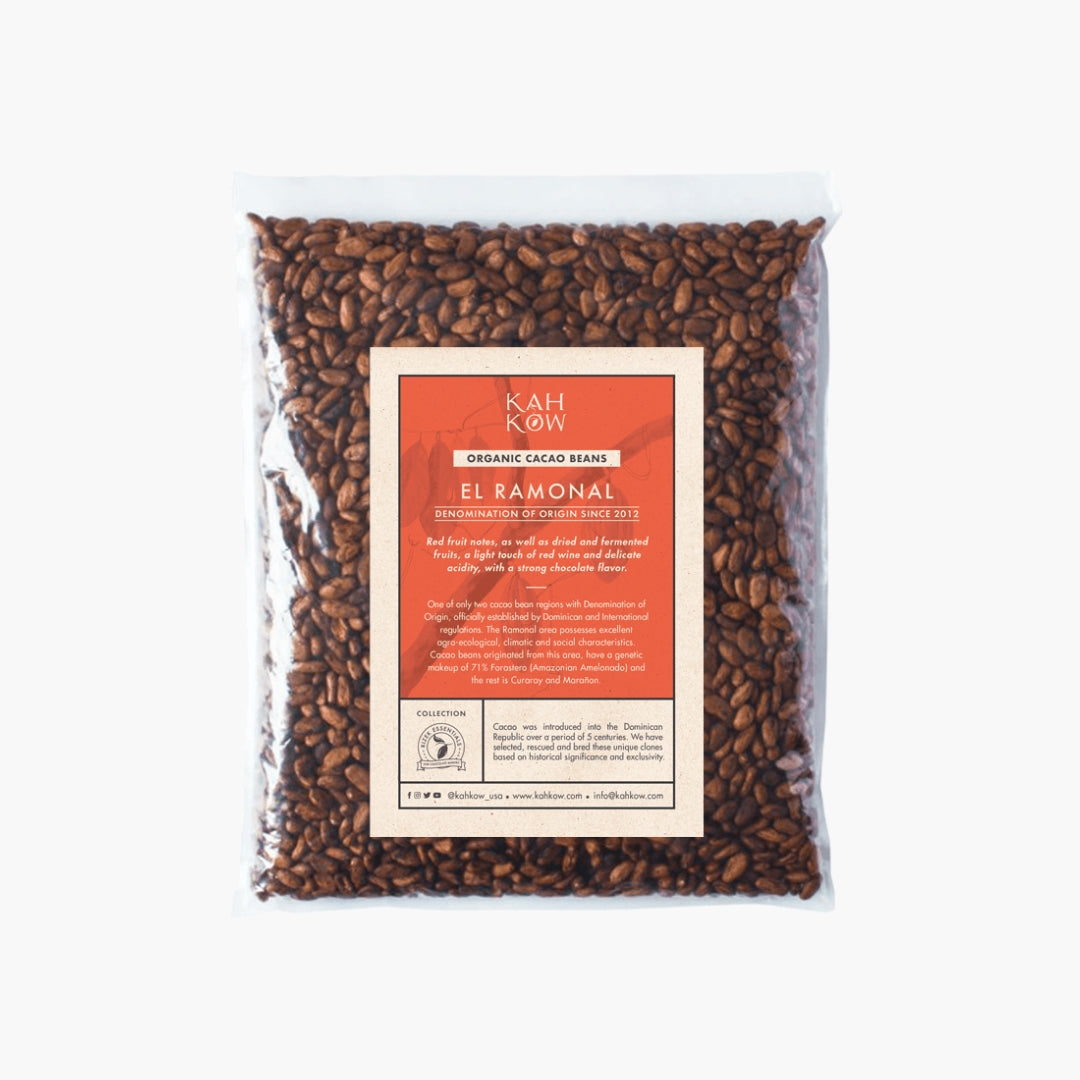

Translation missing: en.products.product.collection:
Mirabal
Mirabal
In 2007 the province of Salcedo was officially renamed Hermanas Mirabal in honor of the three Mirabal sisters, who heroically defied the dictator Rafael Leonidas Trujillo and were assassinated by Trujillo’s minions in 1960. To this day, neighboring cacao farmers treasure a special link with the Mirabal family, who also grew cacao.
The farmers’ commitment to biodiversity through the organic farming program developed by the Rizek Group’s FUPAROCA preserves one side of the Mirabal sisters’ legacy: respect for all forms of life.
Mid-size cacao farms are common in this región, and are kept immaculately clean.
Tenares, one of the three municipalities of the Hermanas Mirabal province in the north central region of the Dominican Republic, possesees mixtures of old and new cacao trees growing strong under the shade of tall, broad amapolas (Erythrina poeppigiana), piñones Cubanos (Gliricidia sepium), cabirmas (Guarea guidonia), and other local trees. Shade is kept under control with a vigorous yearly pruning and three less aggressive rounds to cut off shoots (chupones), to improve flowering and keep diseases at bay.
Intercropping is a way of life for Dominican cacao farmers. And this iconic citrus, among other tree crops first brought by Spanish settlers to Hispaniola in the 16th century, became a familiar feature on most cacao farms and an indispensable seasoning in Dominican cooking.
Cacao farmers are busy harvesting pods during the main harvest season, in organic and productive farms, from which Rizek Cacao has been buying cacao “en baba” (wet beans still embedded in the surrounding fruit pulp) for a long time.
Thanks to the training farmers receive with the FUPAROCA Foundation, they are quick to point out and separate any damaged beans from their “good” lots.
Flavor Profile
Chocolatey citrus with walnuts and wood, grassy undertones and hints of strawberry, almond and geranium.



Innovation and processing
Mirabal shares a common genetic dowry with the neighboring Duarte province. But even minute geographic differences, for example a bit less rain and more limestone, as well as coarse- grained calcareous conglomerates in the soil, might have a bearing on flavor.
A greener, rhubarb-like acidity, with grassy notes enhanced by a shorter fermentation protocol, comes through at Rizek’s CETICO plant in San Francisco de Macorís.
More products:

ORGANIC Los Bejucos Beans - DO
GET A CUSTOM QUOTE
ORGANIC Duarte Beans - DO
GET A CUSTOM QUOTE
ORGANIC Monte Plata Beans
GET A CUSTOM QUOTE
ORGANIC El Ramonal Beans - DO
GET A CUSTOM QUOTE